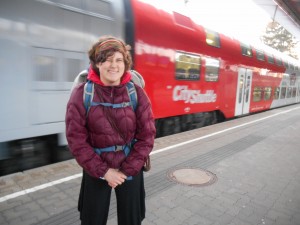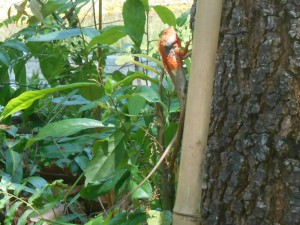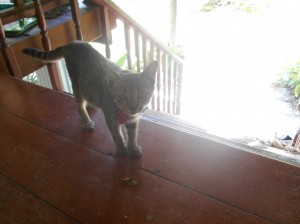Well, here I am sitting on the train… I’m taking the night train from Milano to Vienna, and I don’t think there is a better time or place to write my very first blog post. So here it goes!
First of all, thanks for reading! I have always enjoyed reading the blogs of students both on campus and abroad, and I thoroughly appreciate the time that you are now spending to read this. Grazie mille, i miei amici!
As of today, I have been in Europe for fifty-two days. It has been quite the adventure thus far: full of moments drenched in joy, thoughtfulness, stress, anxiety, and a good helping of adventure. Before settling down in my current location of Milano, I was travelling around Europe will my dear ol’ dad, Tim. We went Copenhagen, Prague, Budapest, and Venice, with a night in between here and there in Berlin. Nearly all of it by train, some of it by boat, and lots of it by foot! Each city we traveled in, we tried to walk to most of the places that we wanted to visit. Because of this, we saw so many beautiful things: street art (I hope to dedicate an entire post solely to street art), buildings, churches, FOOD, people…all the little things that make a place truly special.
After seeing so many things and having some time to settle into a totally new and foreign place, I have come to some very humbling realizations. I am going to dedicate the rest of this blog post to one specific realization. Worry not, I will write in more detail about the things I’ve seen and done at a later date, hopefully soon!
One of the most humbling and wonderful realizations that I’ve had after seeing so many people, is that people are essentially the same, everywhere. Everybody wants to be happy, to be loved, to have security, to be able to do what they want to do, to have freedom. The words I just used are not as precise as I would like them to be, but I hope the point is understood regardless.
Stereotyping happens to all types of people, and it certainly affects the way that we experience certain peoples and cultures and potentially limits our experiences and the way we interact with the world. Stereotypes allow us to create barriers: we think of our relationships to other types of people as ‘us and them’ or ‘different’, and these ideas create grounds for thinking in terms of superiority. Yes, groups of people have certain characteristics that make them outwardly unique. For example, Italian stereotypes include that they eat a lot of pasta and pizza, are loud, and use lots of gesticulation. Yes, all of these are true in some ways for some people, but there are plenty of Italians who do not relate closely to these stereotypes. All the Italians (and other people) I have met are more similar than different to most of the people I know back in the States.
Mostly what I’m getting at is that yes, groups of people are characterized in certain ways for a reason, but really we all need and want the same things and we just express these things in different ways. We speak different languages and act different ways, but we’re all saying the same things! To me, this is such a wonderful thought. It means that no matter who we are, we can all relate, human to human, face to face, with loving kindness.





